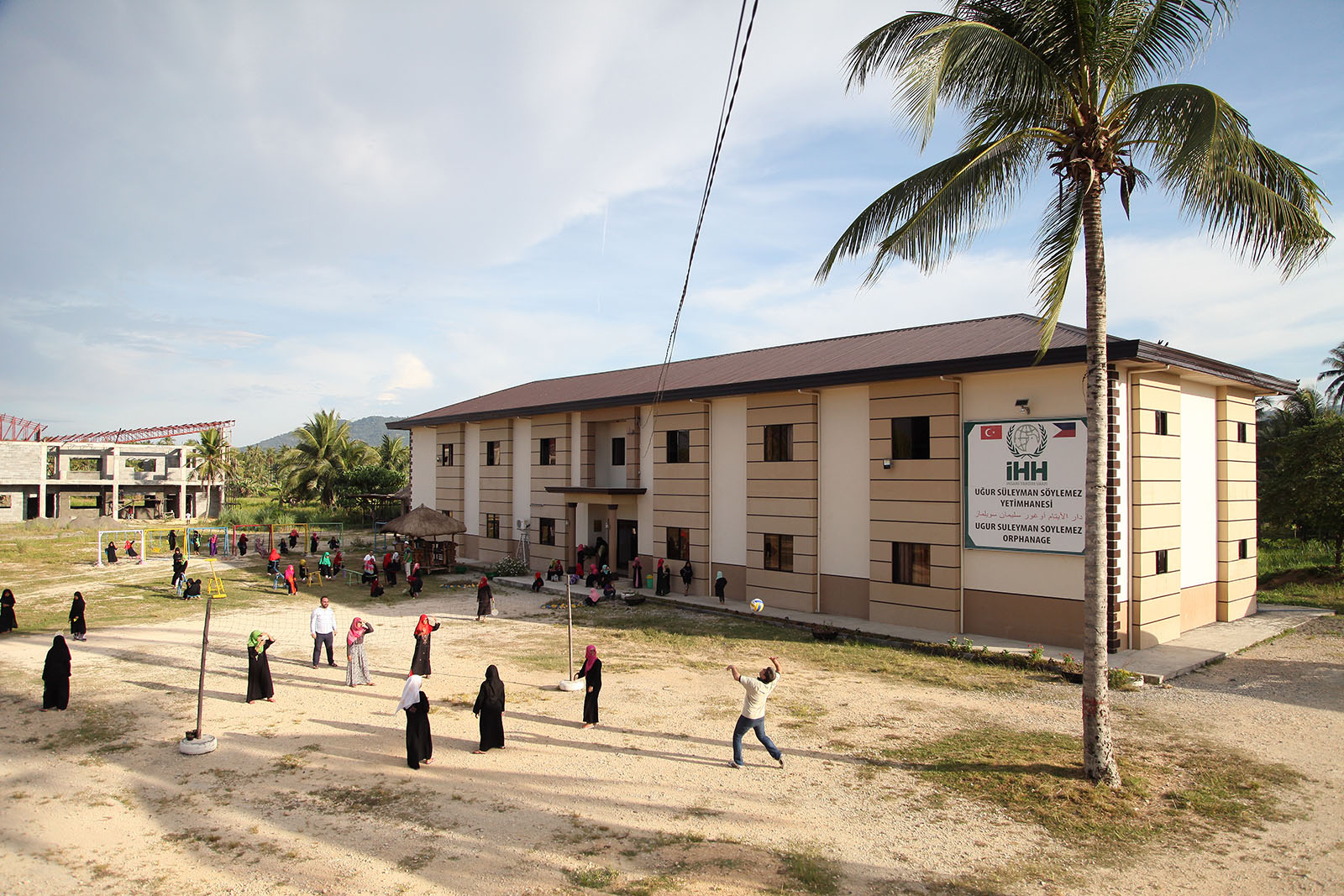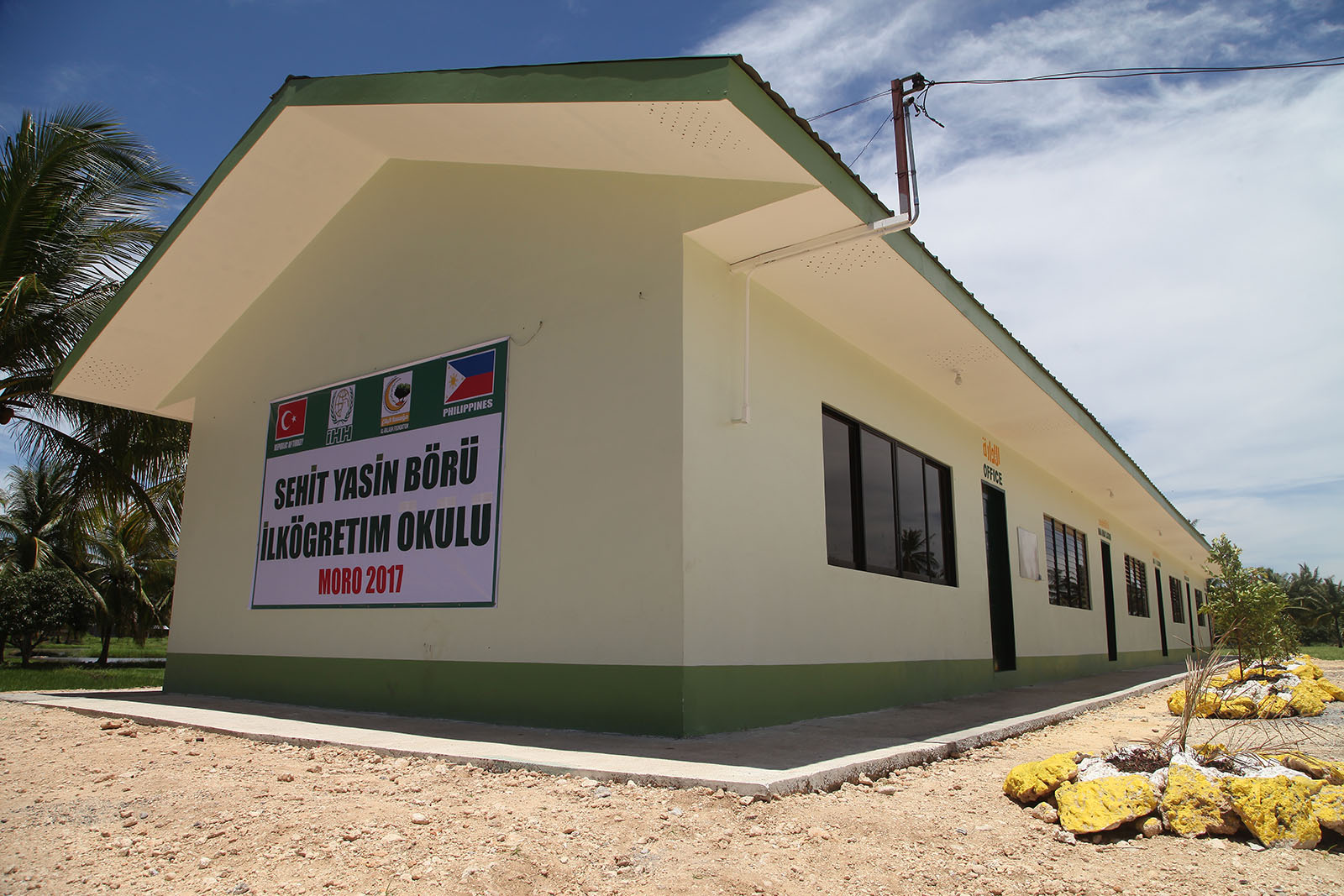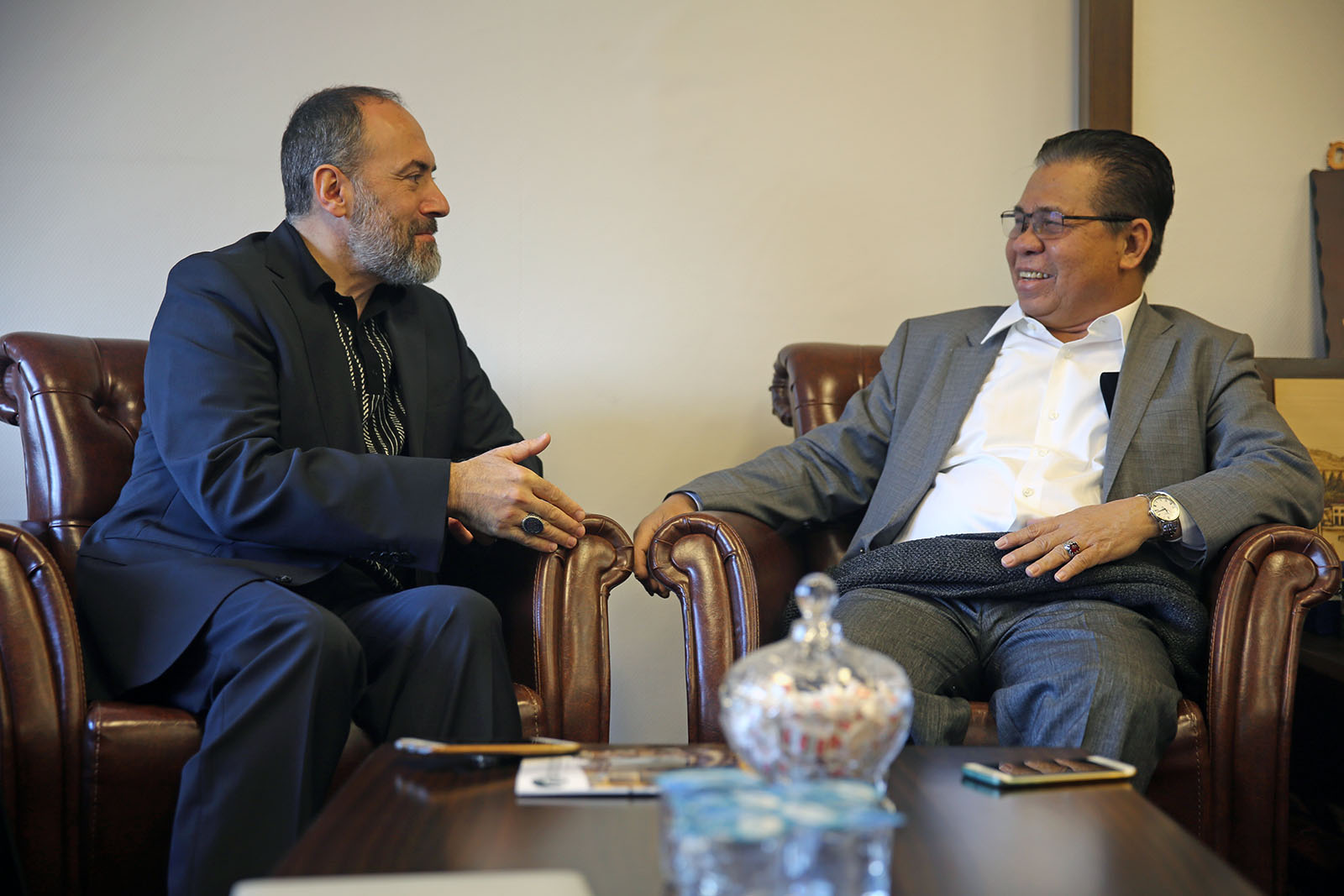
After the signing of the Bangsamoro Organic Law by Philippine President Rodrigo Duterte, Al Haj Murad Ebrahim, leader of the Moro Islamic Liberation Front, thanked IHH Humanitarian Relief Foundation, member of the Moro Peace Process Monitoring Committee that pioneered negotiations, with a letter. In the letter of thanks, Ebrahim also said that he was extremely grateful to the Turkish government and the Turkish Muslims for their support.
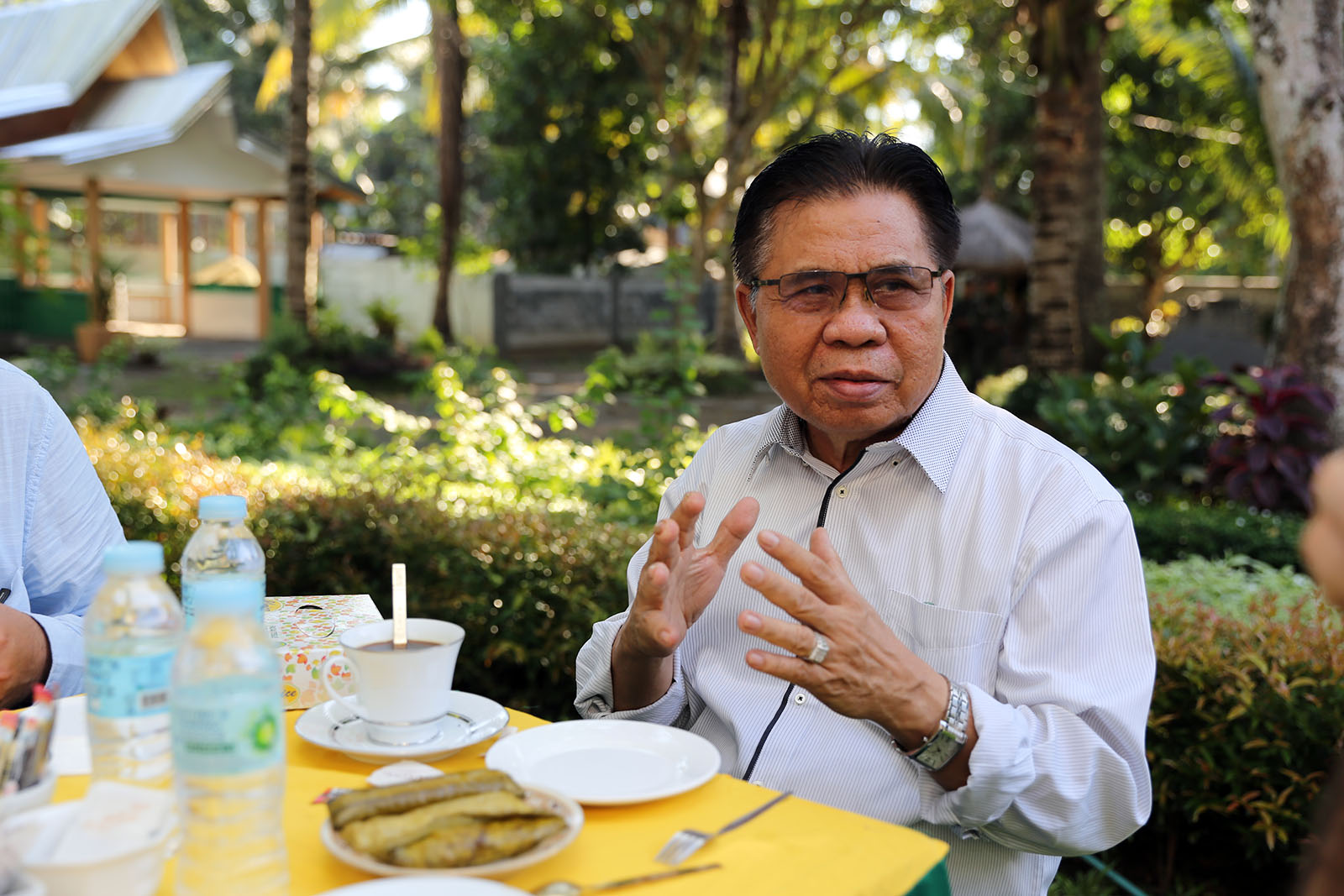
“The next stage will be more difficult”
Full text of letter is:
"Assalamo alaykom warahmatullahi wabarakatuh. Brother Huseyin Oruc and all brothers and sisters in IHH especially to our brother President of IHH. Thank you very much to all the help and prayers you in IHH continously extend to us and to the Bangsamoro Ummah, like wise the other NGO’s and Turkish Government Agencies and the Turkish Government and Turkish Ummah in General. Your supports helps us reach what we have achieved now in our Jihad. Please continue to help and pray for us in the next level of our Jihad, the rebuilding of the Bangsamoro nation and society. We know that this stage will be equally challenging if not greater. We direly need your continued support. May Allah bless and reward you for all the help you have been extending, Sukran, wassalamu alaykom."
So what happened?
The Muslim population living on the Philippine Mindanao, Palawan and Sulu Archipelago and other islands in the south are called the Moros. The Moros, which constitute almost 11% of the Philippine population, adopted the Islamic faith in the 14th century. When the Moros, that lived in their own independent states until the 20th century, were left to the Christian Philippine government by the American Colonial administration in 1946, they lost their independence. The Moro population began to use political negotiations to regain their independence.
When attacks targeting the Muslim population in the region turned into ethnic cleansing, this led to the Moros establishing the Moro Islamic Liberation Front (MILF) in the 1970s and to decide on an armed struggle to protect themselves. The conflict that has continued between the Philippine state and the Moro Muslims for more than 40 years, led to more than 120 thousand people losing their lives in Mindanao where 5 million Muslims lived, and 2 million people falling to the status of refugees. In 1997, ceasefire talks began between the parties. A ceasefire was declared between the government and MILF in 2012 with the launch of peace negotiations. An agreement was reached with MILF in Mindanao to create a new autonomous region called Bangsamoro until 2016.
Peace negotiations gained momentum with the election of Rodrigo Duterte in the Philippine elections. MILF presented the new Bangsamoro Basic Law Draft, which they prepared as a part of the peace agreement reached in 2017 to Rodrigo Duterte. In the Philippines, the congress approved the Bangsamoro Basic Law in May proposing the recognition of autonomy of the Mindanao province and the surrounding islands where there is a large population of Muslims.
The law approved by the Senate, Chamber of Representatives and signed by President Duterte, will provide a comprehensive autonomy to the islands around the Mindanao province where there is an intense population of Muslims. A referendum will be held in regions involving the autonomy within 150 days of the legislation approval. A parliament comprising of 80 people consisting mainly of the Moro Islamic Liberation Front will select a prime minister from within the group. The Bangsamoro Organic Law will increase the legal and economic gains of the Muslim people living in the region. Sharia courts will be opened to establish the government and independently implement sharia laws concerning religious freedom in the region. Administrative authority in the region will not remain with the national government, but will be transferred to the Bangsamoro government.
In this way, with the signed comprehensive autonomy agreement, 120 years later the Moro Muslims, who lost their independence they had for centuries in the Philippines initially to the Americans in 1898, and then to the Philippine Christians in 1946, will be able to govern their own regions.
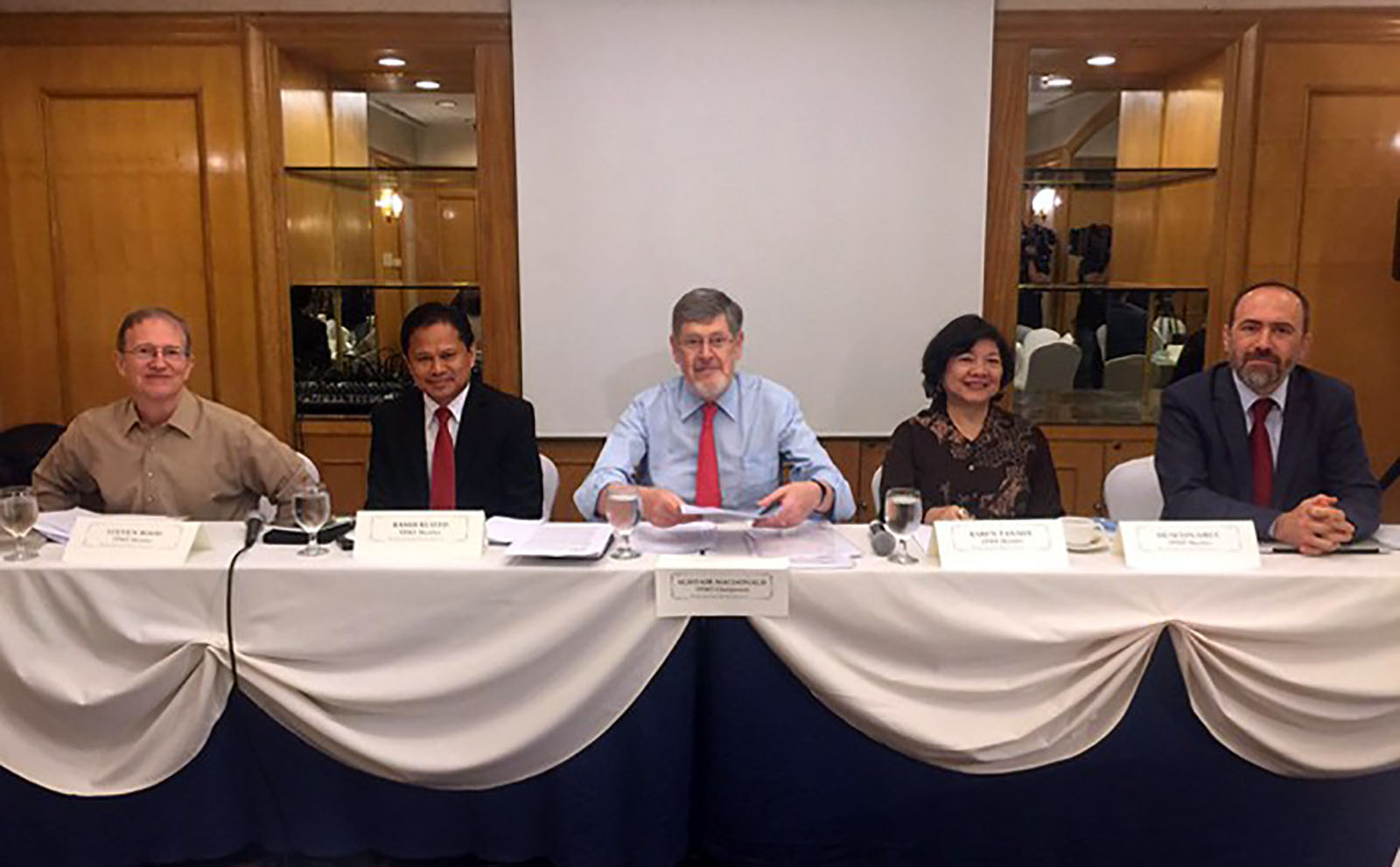
IHH’s role in the peace process
With the agreement, signed in 2014 under supervision of IHH, that gives extensive rights to the Muslims in the region, the civil war that has continued for over 40 years in the Philippines officially ended. The Monitoring Committee, that closely supervised the ongoing negotiation process between the Philippine government and the Moro Islamic Liberation Front, made great efforts to materialize the agreement, and as a result the agreement come into force after approval by the Philippine state and Parliament.
In the monitoring committee consisting of five members, there was former EU ambassador Alistair Macdonald, IHH Humanitarian Relief Foundation Board Member Huseyin Oruç, Steven Rood from the Asian Foundation, Karen Tanyada from Gaston Z Ortigas and Priest Kuthdo from UNYPAD.
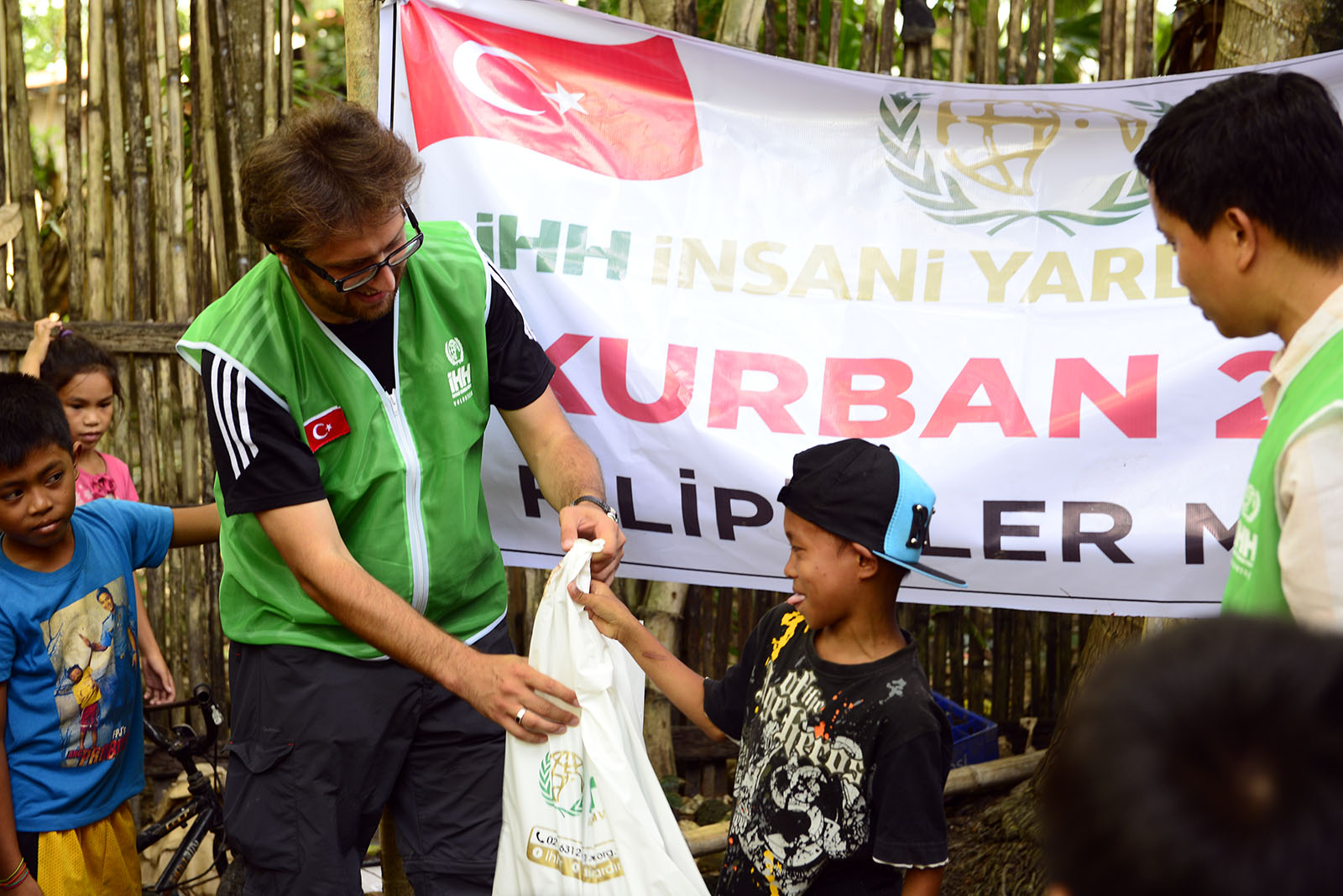
Since 1996…
Since 1996, IHH Humanitarian Relief Foundation has continued its operations in Moro. IHH is conducting activities in many fields in the region including Ramadan, Qurban activities, humanitarian aid, emergency aid, orphan works, human diplomacy and permanent works. Until the present, with the support of our donators IHH has distributed food aid to 140 thousand 590 people as a part of its Emergency Aid Operations, food packets to 112 thousand 775 people as a part of its Ramadan operations, meat to 4 thousand 510 people as a part of its Qurban organization, and cash aid to 11 thousand 520 families in the scope of the fitr distribution activities. In addition, IHH is also continuing its school, mosque, kitchen and orphanage works as a part of the construction of permanent works.
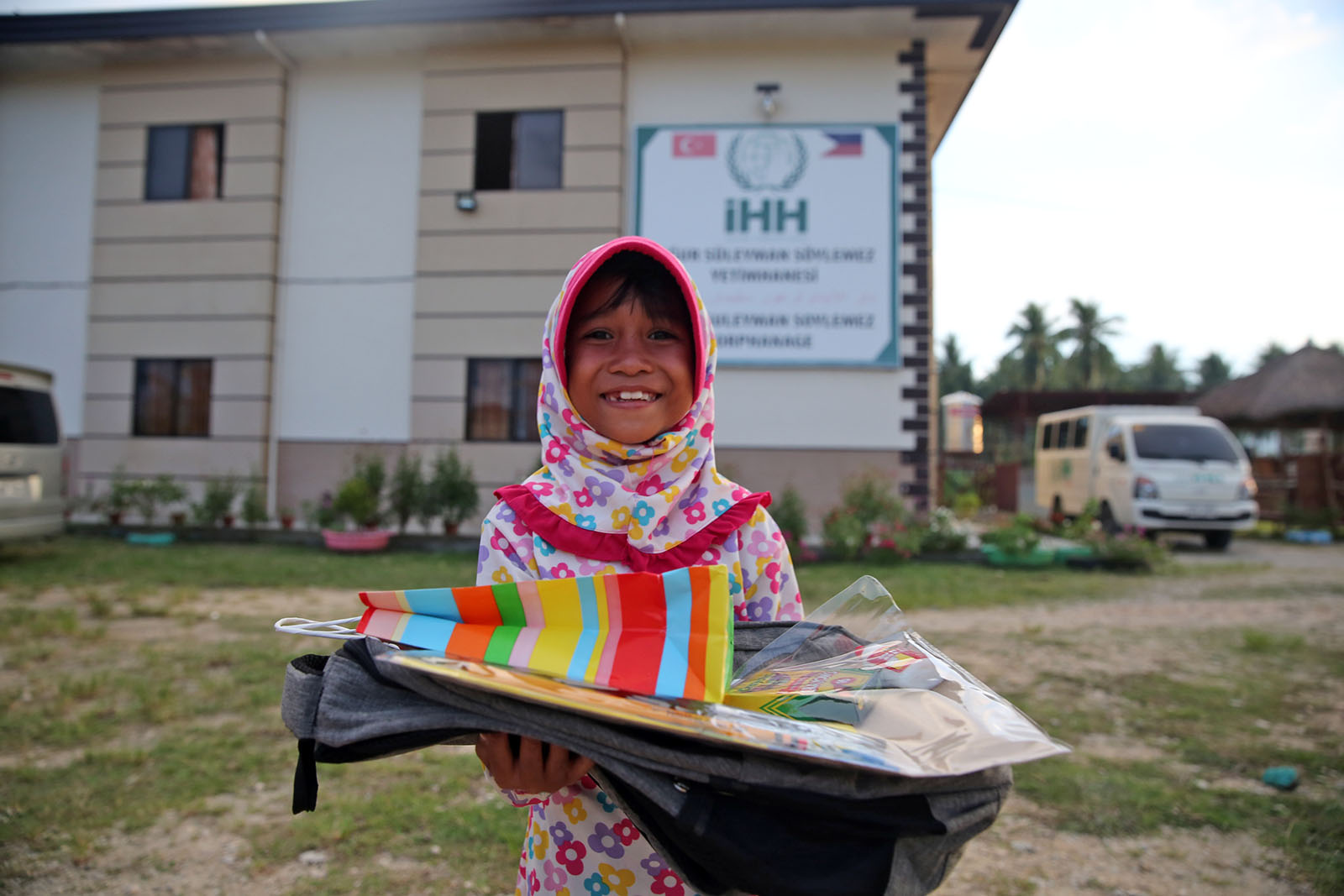
IHH support to Moro orphans
IHH Humanitarian Relief Foundation, that has continued its orphan works in the region for many years, opened its first orphanage in Moro in 2009. The first orphanage, the Haji Şerefoğlu Orphanage that provided shelter for 30 orphaned boys, was followed by the second orphanage named after the last martyr of the Mavi Marmara Uğur Süleyman Söylemez that provides shelter for 100 orphaned girls. In following months, we will be opening two orphanages named Akıncılar and Haticetül Kübra, each wiith the capacity of sheltering 50 orphans. Additionally, with the aid of our donators IHH is caring for 654 orphans on a monthly basis as a part of the Orphan Sponsorship System.
